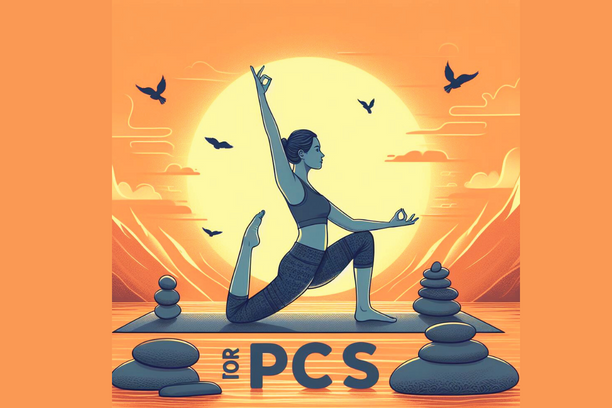A Holistic Approach To Managing Symptoms
Polycystic ovarian syndrome (PCOS) is a common endocrine disorder that affects women during their childbearing years. While medication can help manage symptoms, recent research suggests that yoga can be an effective complementary therapy. Yoga has been shown to decrease testosterone levels and alleviate symptoms of anxiety and depression in women with PCOS. Additionally, certain yoga postures, pranayama, and meditation can help manage symptoms such as irregular periods, weight gain, and problems with fertility and ovulation.
Benefits Of Yoga For PCOS
According to a latest have a look at, practising yoga may also assist decrease testosterone degrees and alleviate symptoms of hysteria and despair in ladies with PCOS. More specifically, participants who did a one-hour yoga class three times a week for three months reduced testosterone levels by 29 percent. In the look at, researchers randomly assigned 31 girls with PCOS among 23 and forty two years of age to both a aware yoga group or manage institution. Classes happened three times a week for one hour each, for a total of three months. Participants’ endocrine, cardiometabolic, and psychological measurements were taken initially, and then again after three months. After the testing period, researchers found that women who completed the yoga intervention (13 total) had lower free testosterone levels (5.96 vs. 4.24 pg/mL; P <0.05). Free testosterone is a normal hormone that can be elevated above typical female ranges in women with PCOS. Study participants also saw an improvement in measures of anxiety and depression.
Yoga Postures for PCOS
Yoga has a wide breadth of practice. From a gentle flow to advanced poses reserved for experienced yogis, this ancient practice has something for all levels. That said, some styles may be a better fit for finding relief from PCOS. “In seeking relief from the pain and other symptoms of PCOS, I recommend the more gentle yoga poses, especially those focusing on stretching and relaxation,” says Laxmi Rishipal, certified Pranakriya prenatal yoga instructor and owner of My Yogalaya Vedic Yoga.
Here are some yoga postures that are especially beneficial for managing PCOS symptoms:
1. Bridge Pose (Setu Bandhasana) :
This pose helps stretch the chest, neck, and spine, and calms the brain and central nervous system.
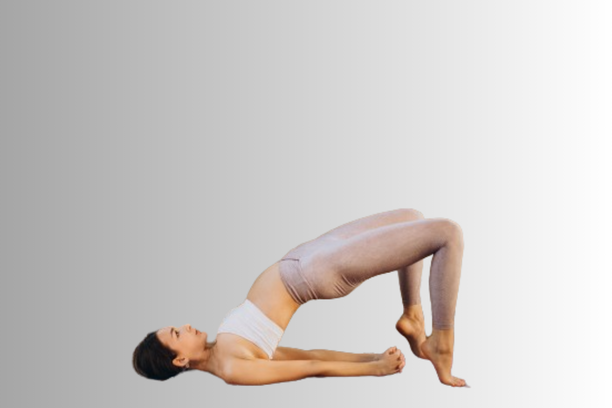
2. Cat-Cow Pose (Chakravakasana) :
This pose helps stretch the spine and neck, and improves circulation to the reproductive organs.
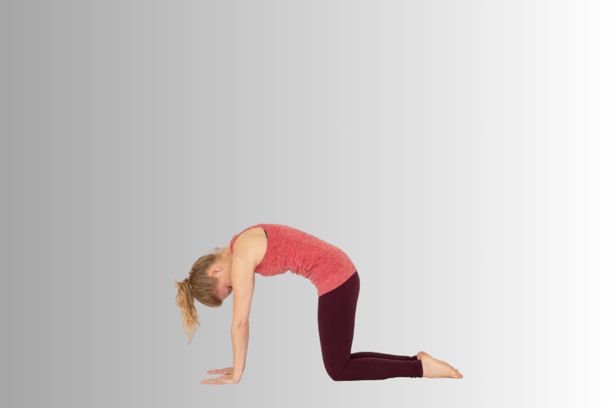
3. Garland Pose (Malasana) :
This pose helps stretch the hips, groin, and lower back, and stimulates the digestive system.
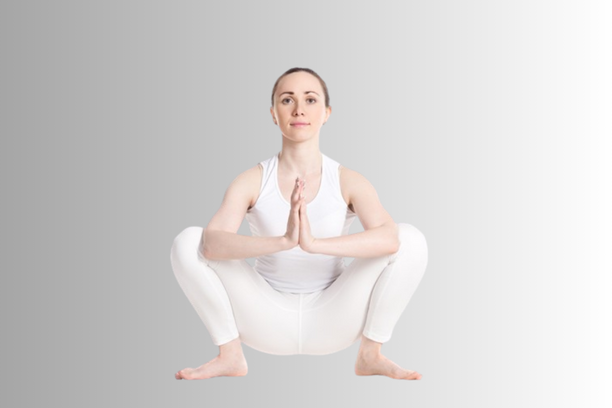
4. Surya Namaskar(Sun Salutation) :
This sequence of 12 yoga postures helps improve blood circulation, and strengthens the muscles and joints.
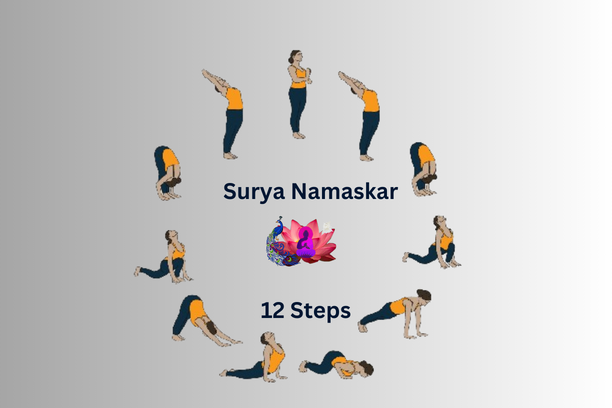
5. Head-to-Knee Pose (Janusirsana) :
This pose helps stretch the hamstrings, groin, and spine, and stimulates the liver and kidneys.
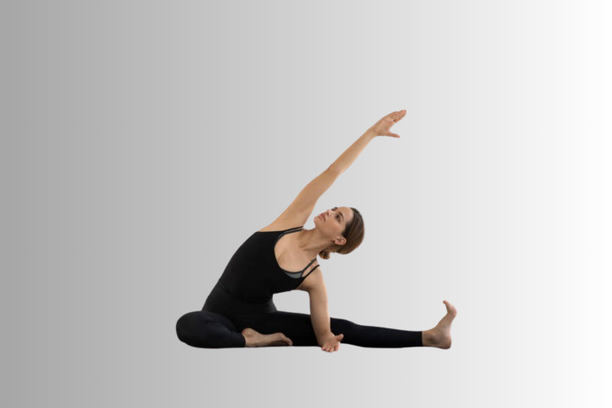
Pranayama for PCOS
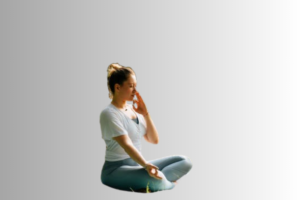
Breathing exercises, or pranayamas, are a good way to relieve stress naturally. Dr.Sejal Shah says that for PCOS women, it is recommended to do a few minutes of Nadi Shodhan (alternate nostril breathing) and Bhramri (bee pranayama) daily for a few minutes. Through the medium of breath, these pranayamas help release stress in the mind.
Meditation for PCOS
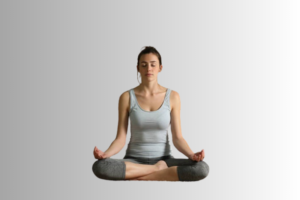
Meditation is a simple and inexpensive solution that has been proven to improve PCOS and mental health in general. Meditation helps release deeply stored stress in the system, which can help improve PCOS symptoms. Asanas (yoga postures) designed for PCOS help open up the pelvic area and promote relaxation and pranayamas (breathing exercises) are powerful techniques that help calm the mind. Coupled with these are some soothing meditations that work at a very deep level and help de-toxify and de-stress the entire system.
Conclusion
Yoga, pranayama, and meditation are effective complementary therapies that can help manage symptoms of PCOS. it can help alleviate symptoms and improve overall well-being. If you have PCOS, consider incorporating yoga into your daily routine to help manage your symptoms and improve your quality of life.
